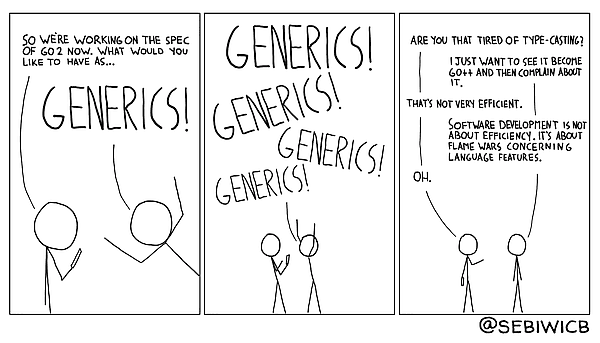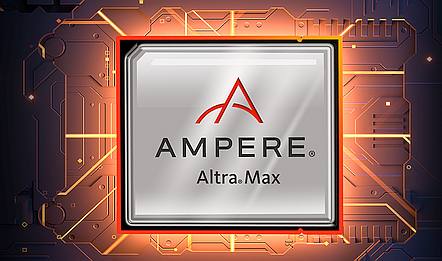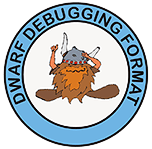
The official release of mORMot 2 is around the edge. It may be the occasion to show some data persistence performance numbers, in respect to mORMot 1.

For the version 2 of our framework, its ORM feature has been enhanced and tuned in several aspects: REST routing optimization, ORM/JSON serialization, and in-memory and SQL engines tuning.
Numbers are talking. You could compare with any other solution, and compile and run the tests by yourself for both framework, and see how it goes on your own computer or server.
In a nutshell, we almost reach 1 million inserts per second on SQLite3, and are above the million inserts in our in-memory engine. Reading speed is 1.2 million and 1.7 million respectively. From the object to the storage, and back. And forcing AES-CTR encryption on disk almost don't change anything. Now we are talking.













